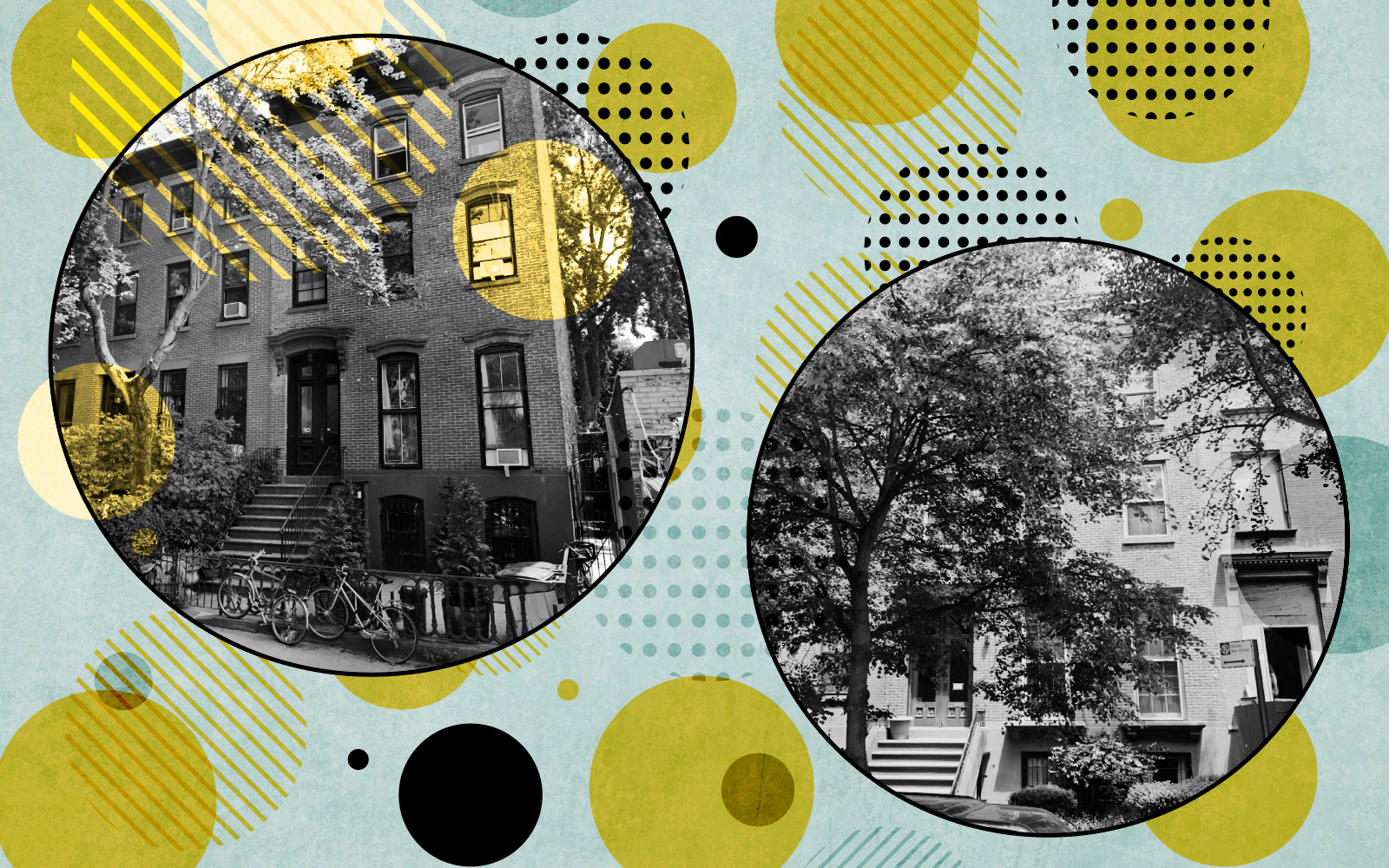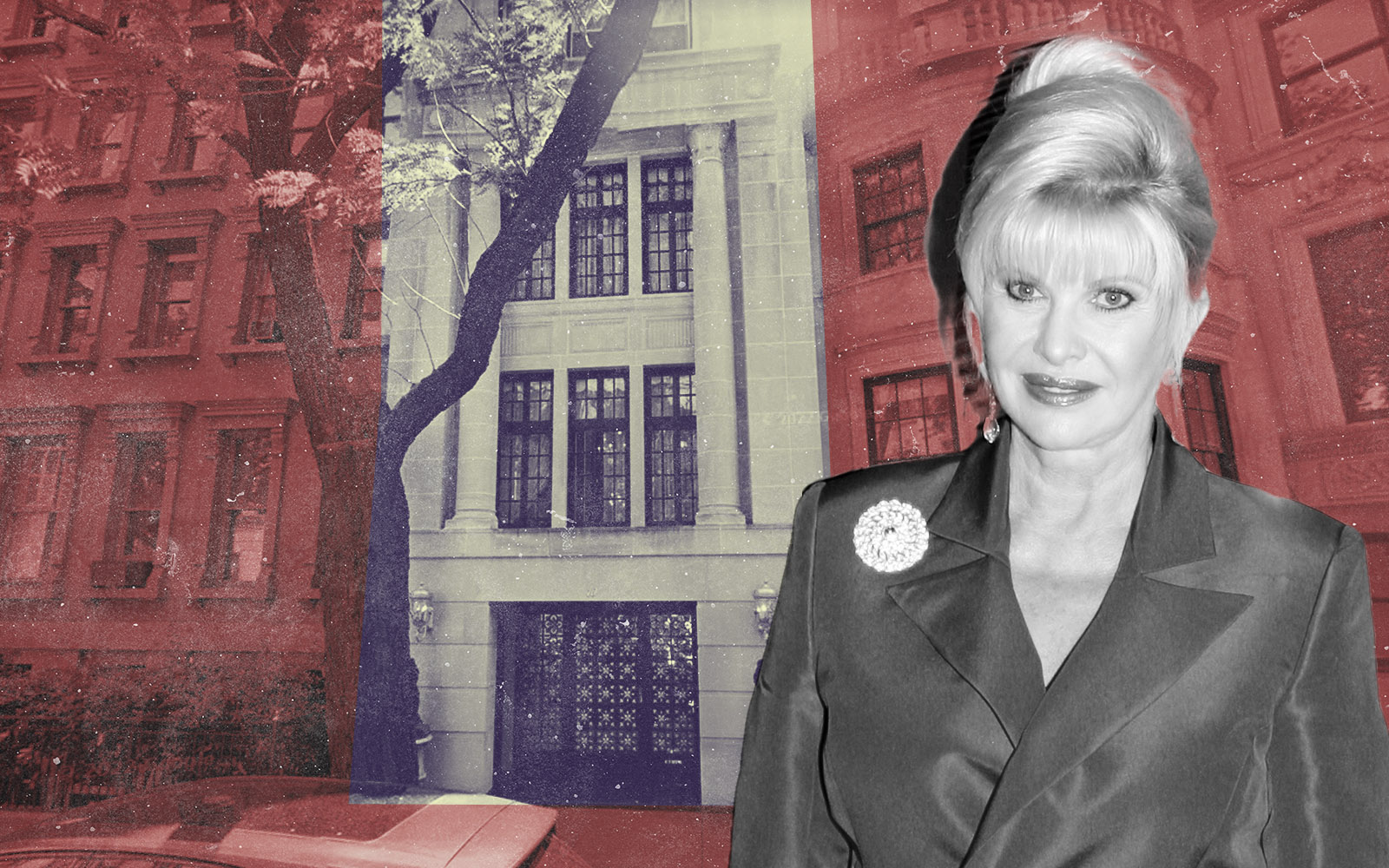Jesse Rosenthal, a real estate agent who does a third of his business in Brooklyn, has witnessed the power of cash in a supply-constrained market.
“Two or three bedrooms with outdoor space, that kind of inventory is tight in Brooklyn,” said the Brown Harris Stevens agent. Now more than ever, he is seeing all-cash buyers win the bidding for homes like that.
All-cash deals make up a larger portion of the New York City market than at any time on record, accounting for 60 percent of condo sales in Manhattan this year, according to an analysis of citywide sales data by The Real Deal.
Cash buyers have scooped up 37 percent of condo deals in Brooklyn this year, and 40 percent in Queens. All three figures are a record since at least 2018, according to the analysis.
The numbers reflect a nationwide trend. Cash purchases made up 39 percent of nationwide single-family home and condo sales in the first quarter, the highest level since 2013, according to Attom Data.
Florida had the highest share of all-cash deals in December, according to a February report from Redfin. Some 52 percent of homes in West Palm Beach were bought in cash, and about 45 percent in Miami and Jacksonville.
It’s a dramatic change from how buyers with Benjamins behaved during the pandemic. The difference? A doubling of mortgage rates.
“When rates went below 3 percent, cash buyers started to finance their purchases,” recalled Steven James, CEO of Berkshire Hathaway Home Services. In September 2020, when the average 30-year mortgage rate was below 3 percent for a second month, Manhattan saw fewer all-cash condo deals than any month in recent memory.
“If buyers can earn a return on their cash that is greater than their mortgage rate, it may make more financial sense to invest elsewhere,” Rosenthal said.
Now, with mortgage rates consistently above 6 percent and the threat of a recession still looming, buyers may find the better option is to pay cash now and get a mortgage later if rates come down.
“The buyer pool is shifting to cash if they’re capable,” observed Jessica Chestler of the Chestler Jacobs team at Douglas Elliman. “People are borrowing against their [investment] portfolio.”
For all-cash buyers looking for the best bargain, newly built apartments are good places to start. The immediacy of a cash purchase can help developers save on carrying costs — an expense incurred for as long as an apartment sits on the market — giving buyers extra leverage at a time when the interest rates that builders pay have gone up.
The rise in the share of all-cash deals has occurred in the context of a slower housing market overall. Manhattan’s 178 all-cash deals for condos in January was off 24 percent from the year-ago figure. But purchases with mortgages dropped even more.
“The reason for the higher share of cash buyers is because there are a lot fewer sales,” said Jonathan Miller, CEO of real estate appraisal and consulting firm Miller Samuel. “It’s more of a statement on fewer financed purchases because of mortgage rates than it is about people trying to beat the current rate environment.”
Berkshire’s James put the year-over-year decline at 65 percent for condo sales and 59 percent for co-op apartments. He said co-ops have become more price-competitive. “Six-room apartments are selling on Park Avenue for $1 million,” said James. “That’s not how it used to be.”
One way many co-op buildings have become more competitive is by allowing buyers to finance more of their purchase. In the 1980s co-ops commonly allowed no more than 50 percent of a purchase to be financed. Today, 75 percent is typical, which puts units within reach of more buyers.
The rise in mortgage rates, however, has raised borrowing costs and limited the supply of for-sale homes, because would-be sellers want to keep the low-rate mortgages they have locked in.
Those dynamics increase all-cash buyers’ advantage, because sellers have leverage to wait for a cash buyer and not risk a contract falling through because a bidder can’t get a mortgage. “First-time homebuyers are definitely getting squeezed,” said James.
Buyers planning to get a mortgage can level the playing field with all-cash bidders by “waiving financing contingency,” which is a promise to close whether or not they get financing. “Dropping any contingency is essentially cash,” said Chestler.
But it comes with risk.
Failing to close could mean losing the deposit put down at the contract signing — 10 percent of a home’s price tag. “It can be a nerve-wracking experience,” said Berkshire’s James, “but losing money is not likely with an experienced agent.”
He assigns buyers homework: talk to a lender, get pre-approval and know that the property will appraise at the same value as the offer.
Cash bidders pursuing a second home have a disadvantage at some co-op buildings, according to James. “All-cash buyers can face an uphill battle with co-ops because of rules against pied-à-terres,” he said. “No-contingency is a better buyer for a co-op.”
Still, Rosenthal recalled one no-contingency buyer’s nightmare.
“I worked with a seller who decided to keep the deposit,” the agent said, explaining that between the offer and the failed closing, the Fed hiked interest rates and home prices softened.
Only consider a no-contingency bid, he suggested, “if you fall head over heels in love with a home and you think you’ve found a soulmate.”
Read more



